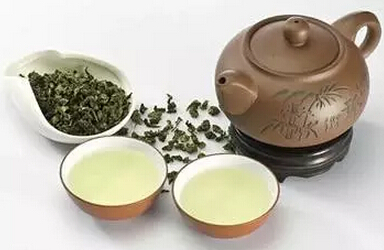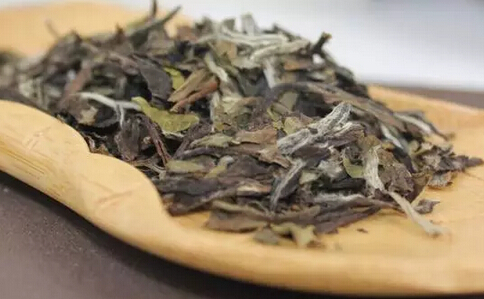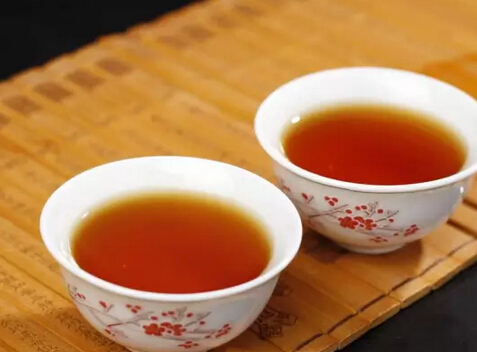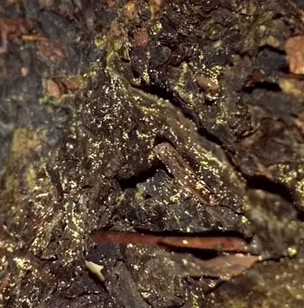For Chinese people, drinkingteahealth preservation is a tradition that has been passed down for thousands of years. In recent years, more and more research has been conducted on thetea leaves health benefits: anti-cancer, cardiovascular protection, radiation protection... It seems that all health hazards in people's lives can be resolved with a cup of tea.

So, what are the nutritional components in tea, can it really play a role in health preservation, and how to drink it to maximize its health benefits?
Experts point out that the currently confirmed health benefits of tea include preventing cancer (including lung cancer, esophageal cancer, liver cancer, colon cancer, etc.), regulating blood lipids, lowering blood sugar, enhancing immune function, and preventing smoking damage. Drinking tea can repair DNA damage caused by smoking, and the effect is very good. This is a conclusion we have reached through human experiments, and it is also a relatively leading conclusion in the world.
The effective nutritional components in tea are diverse, such as the familiar tea polyphenols, as well as theanine, vitamins, caffeine, etc. According to the production principle, Chinese tea is divided into six categories, namelygreen tea,black tea,yellow tea,white tea,oolong tea,dark tea.
Later, some reprocessed teas, such as scented tea, were developed on the basis of the six categories. The effective components in various teas are different, and their effects are also different. Green tea protects cardiovascular health. Green tea belongs to non-fermented tea, represented by West Lake Longjing, DongtingBiluochun,Huangshan Maofeng, etc. Its main effects are preventing cancer and cardiovascular diseases, as well as anti-oxidation, improving immunity, inhibiting and killing bacteria, etc.
White tea relieves anxiety

White tea is divided into two types according to different classification methods. One is the familiar Anji white tea, which is actually a type of green tea. Because its taste is more mellow than green tea, it has become very popular in recent years.
The main effects of white tea include protecting brain nerves, enhancing memory, and reducing anxiety. In addition, the theanine in white tea can neutralize some of the effects of caffeine. People who are afraid that drinking tea will affect their sleep can drink some white tea.
Another type is white tea produced in Fuding, Fujian. This type of tea has a relatively small output and a stronger taste than ordinary green tea. According to current research, this tea has good effects on regulating immunity and lowering blood sugar.
Oolong tea and black tea reduce cholesterol

Oolong tea belongs to semi-fermented tea, and its representative varieties includeWuyi rock tea(Dahongpao),Tieguanyin, DongdingOolong tea, Fenghuang Dancong, etc.; while black tea belongs to fully fermented tea, and its representative varieties include Qihong from Anhui and Dianhong from Yunnan. Black tea from India and Sri Lanka is also a world-renowned product. Because black tea is fermented, it is less irritating than green tea, and its effects are also different. It can promote blood circulation and lower cholesterol.
Dark tea reduces fat

Dark tea belongs to post-fermented tea, and the most familiar one isPu'er tea. It contains a high total amount of tea polyphenols and has a good effect on lowering fat and losing weight. It is reported that Professor Bernard Jacotot of the Henri Rendu Hospital in Paris gave 20 patients with excessive blood fat three bowls of Yunnan Pu'er tea a day. After a month, it was found that the fat in the patients' blood was reduced by almost a quarter.
Pu'er tea can inhibit weight gain and reduce cholesterol and triglycerides in the blood. Some famous teas, such as Mingqian tea in Longjing, have the same types of effective components as ordinary tea, but the content may be different. Because Mingqian tea is picked early, it contains higher levels of theanine and vitamin C, and lower levels of tea polyphenols. For the sake of health preservation, there is no need to buy particularly expensive tea.